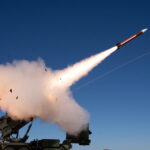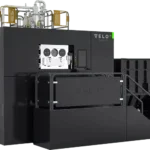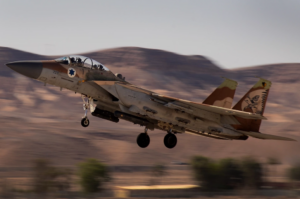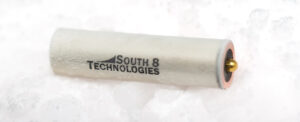
DHS Awards Perspecta $112 Million for Continued Data Center Support The Department of Homeland Security has awarded Perspecta [PRSP] a potential $112 million contract to continue to provide contractor owned and operated data storage and management services to one of the department’s data centers while it is being retired. Perspecta is the incumbent on the contract, which it won in 2015. The new award, announced in June on the government’s procurement website, has a two-year base period and two six-month…

 By
By 











